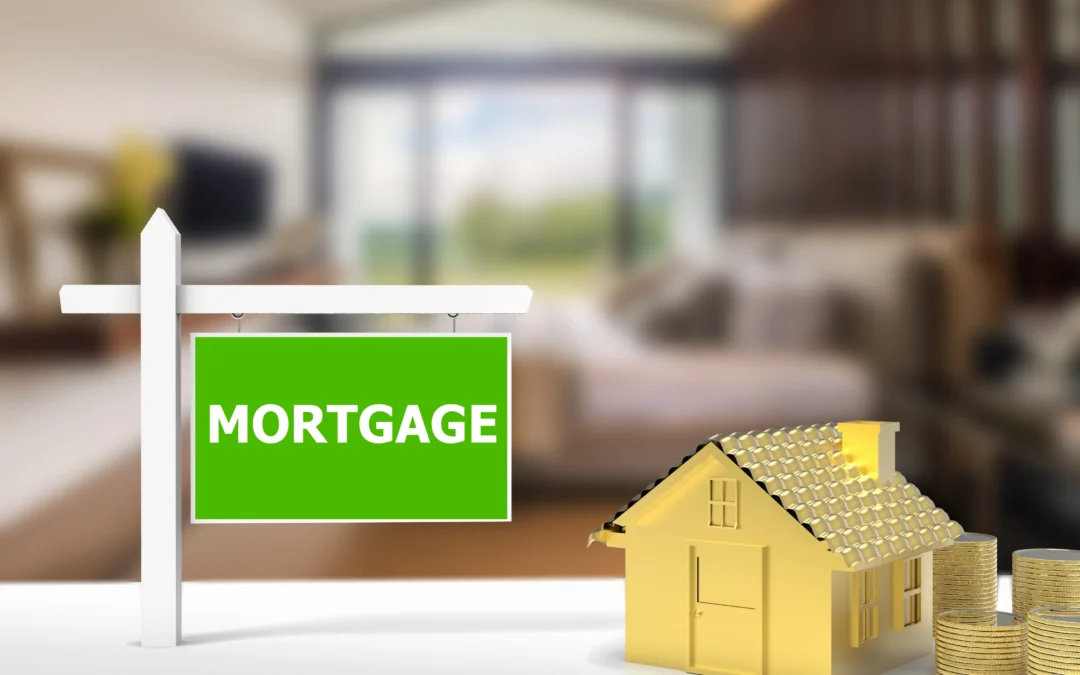Getting a mortgage is one of the most important financial choices you’ll ever make, unless you pay for the house in full. What is a debt, though, and how does it work?
If you want to buy a house for the first time, refinance, or just learn more about choices like a reverse mortgage, this guide will help you understand them in a simple way.
What is a Mortgage?
You can get a mortgage as a loan to help you buy a house. The house is used as collateral, which means that if you can’t pay it back, the lender can take the house through sale.
When people ask, what is a mortgage, the simple answer is:
Your home is used as security for this long-term loan that is used to buy real estate.
Different kinds of home loans can be changed. They are paid back over 15 to 30 years.
Understanding Mortgage Basics
Here’s a breakdown of key mortgage terms to help you get started:
- Principal: The amount you borrow.
- Interest: What the lender charges for lending the money.
- Term: The duration of the loan (e.g., 25 years).
- Amortization: How the loan is gradually paid off over time.
- Down payment: The first amount you pay for a house, which is usually 5 to 20% of the price.
It might be too much to handle on your own, but working with an online mortgage broker like QuickMortgagesBC can help. They connect you with loans, let you look at different deals, and make your options clear.
What Are Mortgage Rates?
The amount of interest you pay on your home loan is based on the mortgage rate. The following things cause these rates to change:
- Bank of Canada interest rates
- Inflation
- Economic trends
- Your credit score and financial profile
An important question that many people ask is “What are the mortgage rates right now?” It varies by lender and borrower whether the rate for a 5-year fixed mortgage in Canada is 4.5% or 5.5% at the moment. Before making a deal, you should always look at what’s out there and talk to an expert.
What Happens When You Refinance Your Home?
When you refinance, you get a new mortgage that is generally better than the old one in terms of terms or prices. This can help you:
- Reduce monthly payments
- Use your home’s wealth to pay for repairs or to settle your debts.
- Change the rate from variable to fixed (or fixed to variable).
Do you want to know what happens when you sell your home? You’ll go through a similar process as applying for your original mortgage—but this time, you may use your home’s increased value to your advantage.
What Is a Reverse Mortgage?
A reverse mortgage is a loan for people aged 55 and up that lets them use the value of their home as collateral without having to sell it or make monthly payments.
You don’t pay the loan; instead, the lender pays you, either all at once or over time. You pay back the loan when you sell the house, move out, or die.
Need some help? A reverse mortgage expert at quickmortgagesbc.ca can help you figure out if this is a good choice for your retirement plans.
What Is a Home Equity Line of Credit (HELOC)?
A home equity line of credit lets you borrow money using your home’s equity—similar to a credit card. You can use it for renovations, education, or emergency expenses.
A mortgage gives you a big sum, but a HELOC lets you borrow money in different ways and get it back over and over again.
How to Choose the Right Mortgage
Here’s what to consider:
- Fixed Rate vs. Variable Rate: Fixed rates give you secure payments. If rates go down, variable may save you money.
- Term Length: Payments are spread out over 25 years, but interest is paid less quickly if the term is shorter.
- Payment for the house: A bigger down payment lowers your monthly payments and gets rid of mortgage insurance.
Use tools and resources from quickmortgagesbc to compare options tailored to your financial goals.
Final Thoughts
So, what does mortgage really mean? It’s not just a loan; it’s your way to own a home, be financially stable, and build long-term wealth.
It’s important to know your rights and terms when applying for your first mortgage, refinancing to lower your interest rate, or looking into choices for your retirement, like a reverse mortgage.
And you don’t have to do it alone.
If you work with quickmortgagesbc, a reputable online mortgage broker, you’ll get personalized help, low rates, and support at every step of the way.
👉 Learn more at quickmortgagesbc.ca
FAQs
- Can you explain what a mortgage is in easy terms?
This is a loan that helps you buy a house. The lender trusts the house.
- What are the rates on mortgages at the moment?
Rates on home loans don’t always stay the same, but in Canada, the average 5-year fixed rate is between 4.5% and 5.5% right now. You should always check the rates before you apply.
- What does a reverse mortgage mean?
It’s a loan that lets older citizens use the equity in their home without having to make monthly payments. When the house is sold or the owner dies, the loan is paid back.
- When you refinance your home, what does it mean?
Getting a new mortgage is generally done to get a lower rate, different terms, or to get to your home equity.
- What is a home equity line of credit?
It stands for “home equity line of credit.” You can borrow money against.

